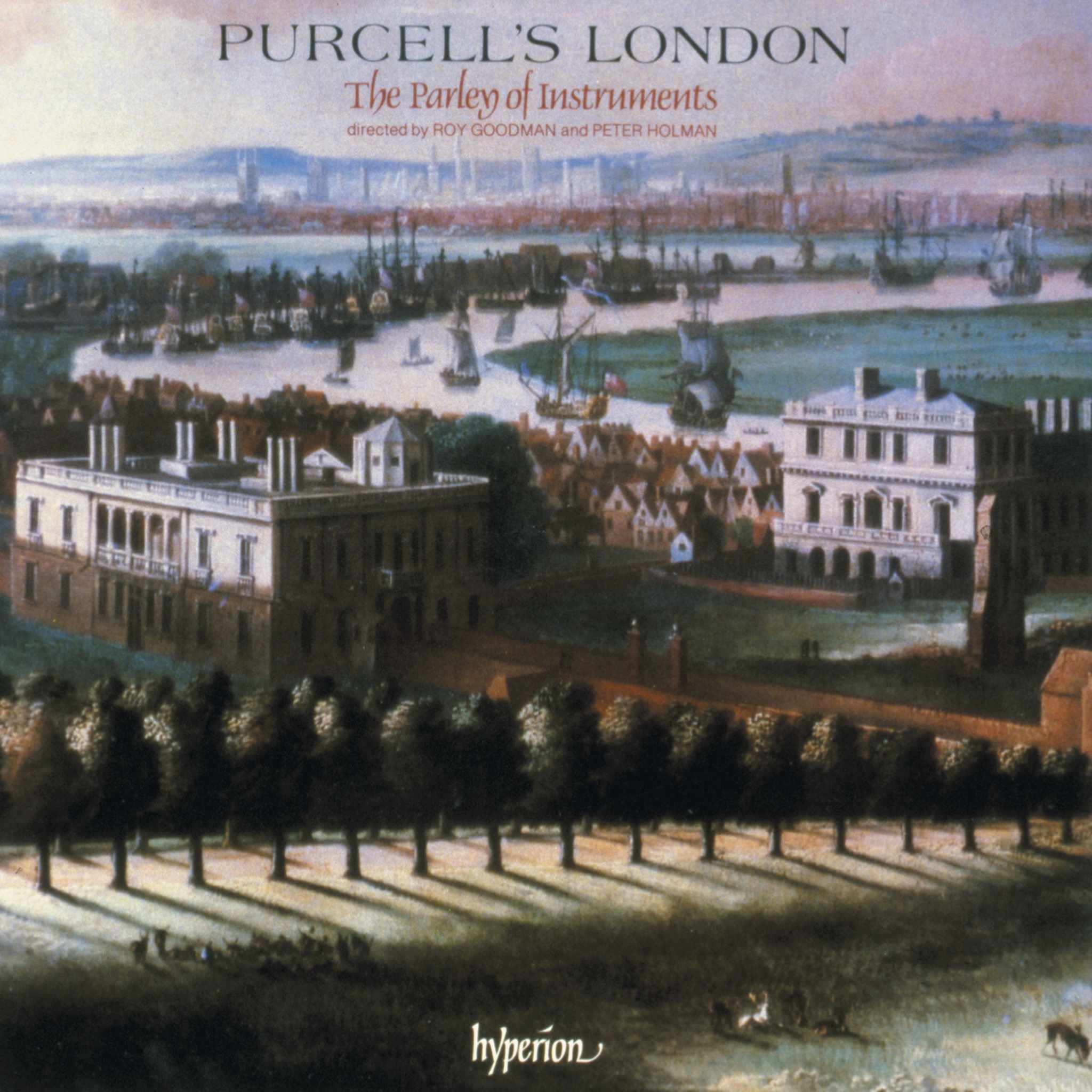Exploring the Musical Legacy of John Eccles
Immerse yourself in the captivating world of music as composed by the legendary English composer, John Eccles (1668–1735). Known for his remarkable theatre music during the late 17th and early 18th centuries, Eccles bridged the period between Henry Purcell and later English masters. As the eldest son of musician Solomon Eccles, he carved out a reputation in London’s vibrant theatrical scene, largely outside the Chapel Royal tradition.
Career Highlights
Eccles began composing for the United Company at Drury Lane Theatre around 1690, quickly establishing himself as one of London’s foremost theatre composers. When the United Company split in 1695, Eccles followed Thomas Betterton to Lincoln’s Inn Fields, continuing to supply popular stage music. He became a member of the King's Private Music in 1694 and was appointed Master of the King's Musick in 1700, a post he held for four monarchs – William III, Anne, George I, and George II.
Eccles’s theatrical output was prolific, supplying notable incidental music for plays such as William Congreve’s Love for Love, John Dryden’s The Spanish Friar, and Shakespeare’s Macbeth. He also collaborated with Henry Purcell on music for Thomas d’Urfey’s Don Quixote.
Compositional Style and Legacy
Eccles’s style was shaped largely through practical experience and family training, studying music with his father, Solomon Eccles. His music was famed for its ease and grace, achieving significant popularity among the London public, particularly his songs which circulated widely in printed collections and anthologies of the day. Eccles’s fame in his time was considerable, though later critics have found his music less original and vigorous than Purcell’s, noting its more conventional character.
Featured Works
Our main attraction for this feature is the charmingly orchestrated "Orpheus with His Lute: Music for Shakespeare from Purcell to Arne (English Orpheus 50)". This piece perfectly encapsulates Eccles' interpretation of the classics. It's a sonic course through history, emulating the exploration of some of the greatest composers England has ever seen. From the smooth transitions of Purcell to the impactful relays of Arne, Eccles' rendition transports you directly into the lively theatres of the bygone era.
We're also featuring "Sound the Trumpet: Music By Purcell & His Followers (English Orpheus 35), a memorable achievement of Eccles. This composition showcases his versatility as a composer whilst remaining faithful to the original works of Purcell. Eccles’ interpretations not only echo Purcell's extraordinary influences but also morph them into pieces that are distinctively Eccles.
Performances
Performances by the talented Catherine Bott, The Parley of Instruments, and Peter Holman add yet another dimension to Eccles' compositions, elevating them to new heights. Their unique styles and individual musical prowess amplify each note and melody, creating a rich, pleasingly complex sound that is worthy of the artist's grand legacy.
The vibrant performances by The Parley of Instruments and Peter Holman are a tribute to Eccles' unremitting quest for musical innovation. With their multifaceted mastery, the pieces by Eccles take on a life of their own during every performance.
Join us as we delve into the intriguing world of John Eccles. Sit back, lose yourself in the symphony, and appreciate the perfect marriage of classical roots and modern interpretations.


